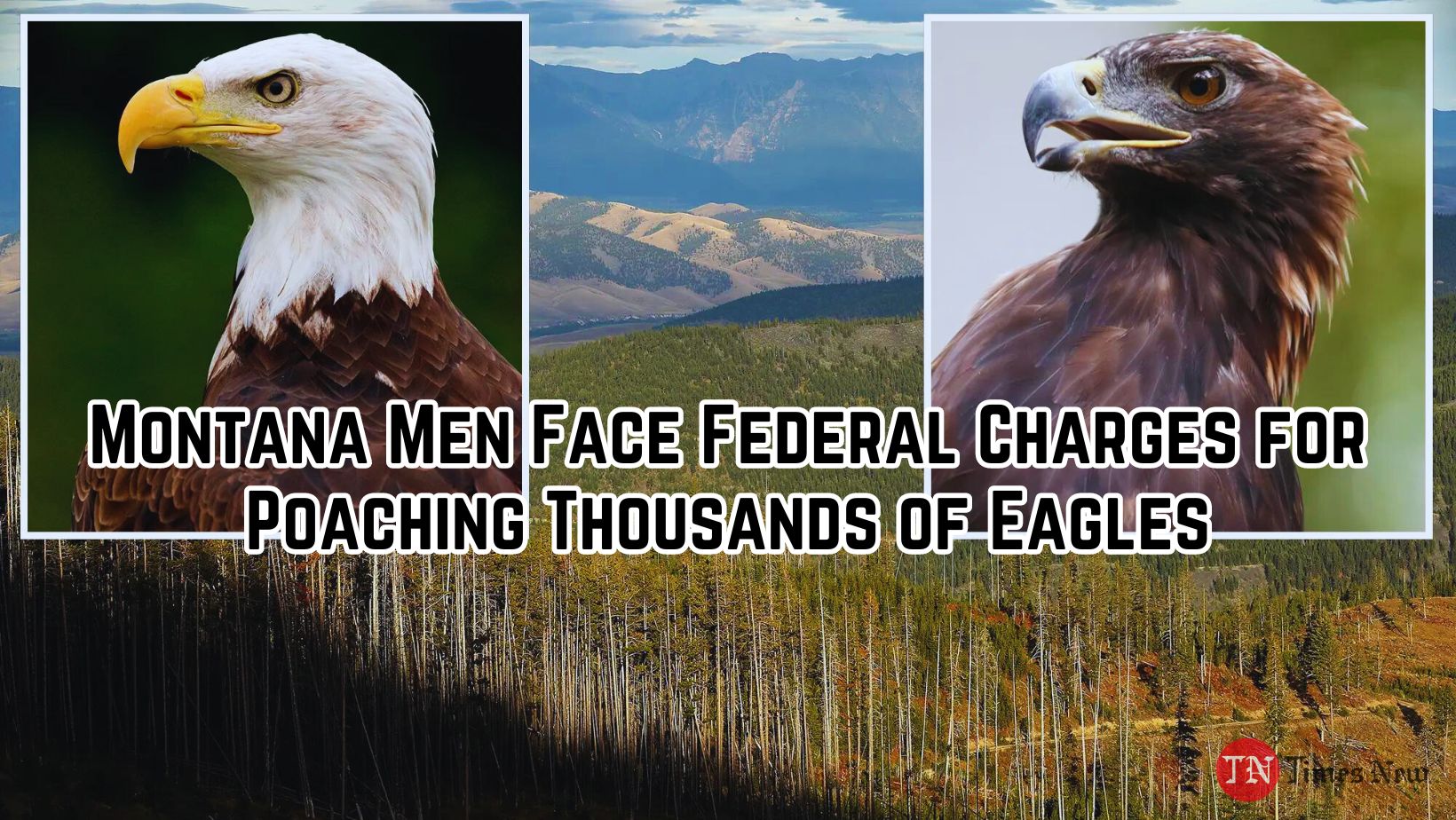
Two individuals, Simon Paul and Travis John Branson, are facing severe federal charges in Montana for their involvement in a black market scheme centered on the poaching of federally protected bald and golden eagles. The illicit operation, spanning six years, allegedly resulted in the killing of approximately 3,600 birds, including these majestic eagles, within the Flathead Indian Reservation and other locations in western Montana. The accused face charges of conspiracy and violating laws such as the Bald and Golden Eagle Protection Act, which strictly prohibits the killing and capture of these species, along with the Lacey Act, which prohibits the trafficking of illegally obtained wildlife. If convicted, the penalties could involve lengthy prison sentences and substantial fines.
Court documents unveiled a disturbing pattern, detailing at least 11 instances of selling whole golden eagles or their body parts, alongside two incidents involving bald eagles. The financial gains from these illegal sales remain undisclosed, with attempts to contact prosecutors yielding no response as of late Wednesday. Shockingly, messages presented in the indictment reveal Branson’s acknowledgment of the illegal nature of their activities, describing himself as being “on a killing spree” to profit from harvesting feathers from eagle tails and wings. Paul’s alleged role involved shooting and shipping these protected birds on the black market, while Branson reportedly traveled from Washington state to the Flathead Indian Reservation for these operations.
Despite stringent legal protections, exceptions allowing certain Native Americans to possess eagle parts for religious or cultural purposes exist in the United States. While the bald eagle, once endangered, has notably rebounded with a population of around 316,700 in the Lower 48 states as of 2018-2019, the golden eagle population in the interior western United States was estimated at approximately 31,800 in 2016. This case stands as a stark reminder of the critical need to safeguard these iconic species and enforce laws designed to protect them from such egregious exploitation.
Pic Courtesy: google/ images are subject to copyright









